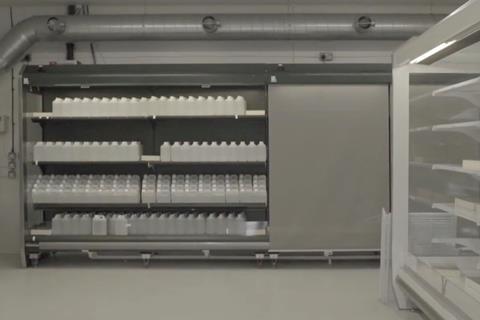
Smart supermarket fridges and freezers could be could be turned off remotely for up to 30 minutes with no effect on the food quality or safety, a new study demonstrates.
The Innovate UK research, conducted in collaboration with Tesco, the University of Lincoln, IMS Evolve and the Grimsby Institute, also found that a UK network of commercial refrigeration systems linked by Internet of Things technology could cut CO2 emissions, help stablilise the National Grid and deliver significant maintenance cost savings.
Researchers carried out major industrial demonstrations to food retailing networks using IoT tech at the Refrigeration Research Centre, a replica 2,000 sq ft store in Riseholme, Lincoln.
They established complex algorithms taking into account key criteria including estimation of the mass and thermal transfer rate of food in each refrigerator, as well as numerical weather predictions.
IT architecture and data flows were then optimised to handle the scale of the data.
The research demonstrated that the electricity buffer offered by connected fridges and freezers could provide a sustainable alternative for short-term energy storage and frequency regulation over fossil-fuelled alternatives.
“Supermarkets may previously have been nervous about turning their fridges off for short periods of time due to the sensitivity of the produce within them,” Edward Porter, director of IoT at IMS Evolve, told The Grocer.
“This new research has proven that with this particular technology, commercial fridges and freezers can be leveraged for energy balancing by the National Grid without jeopardising the stock within them.
“Not only does this offer a brand new opportunity for the UK grid to utilise the energy within these huge refrigeration estates, but also enables new revenue generation opportunities for supermarkets, as well as the technology delivering them additional benefits such as energy reduction, waste reduction and significant maintenance cost savings.”
Simon Pearson, director of the Lincoln Institute for Agri-food Technology at the University of Lincoln, added: “Maintaining a reliable and efficient network of commercial refrigeration systems is absolutely imperative, as supermarkets use them not only to keep our food and drink chilled, but also to prolong the shelf life of produce. Currently, control systems use very static control temperatures, but this project is developing algorithms to dynamically control refrigeration temperatures.”







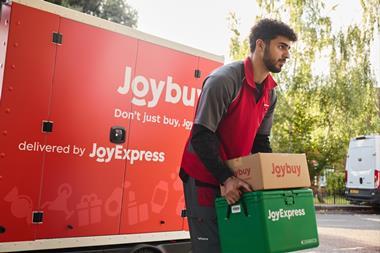


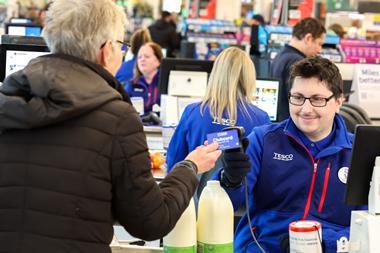






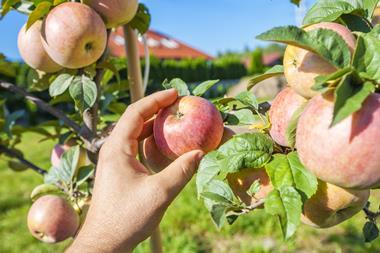
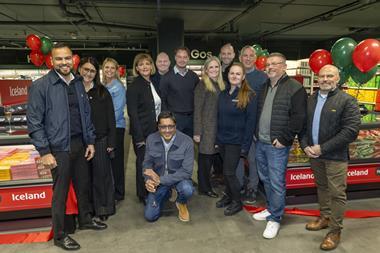
No comments yet